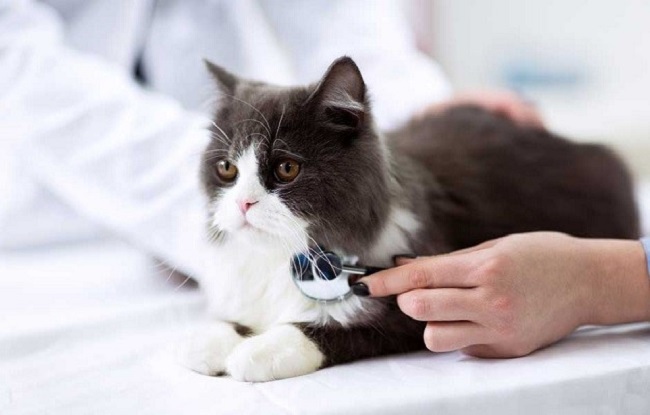When you bring a new puppy home, you want everything to be perfect. You want to make sure that both they (and you) get off to the best start possible. New puppies can be little bundles of energy and joy, which can be great. However, you must ensure that you provide the best care possible for your pet to ensure they are happy, healthy, and content. Now, what does the best care possible look like, and what pet care guidance should you start taking on board?
So, as a responsible pet owner, it’s crucial to take measures to prevent the spread of kennel cough and ensure your furry friend stays healthy. Kennel cough is more common in dogs as compared to cats. Therefore, it’s essential to take precautions, such as vaccination, to protect your pet from this highly contagious respiratory infection.
Table of Contents
Regular Health Checks and Vaccinations
New puppies that are around a few weeks old are going to need support with their health. Their immunity to diseases is not fully built up, and you have to consider this, especially if you are exposing them to the big outside world. Vaccinations and immunizations are essential for new puppies, as they help to give them the protection they need, including against highly contagious diseases like Kennel cough. However, despite being vaccinated, dogs can still get Kennel cough, especially if they are exposed to the virus in places like boarding kennels or dog parks. That’s why regular health checks are crucial for all dogs, not just puppies. They allow you to ask questions and seek advice from veterinary professionals, who can assess your dog’s behavior and weight, and help you take preventive measures to keep your furry friend healthy and happy.
However, despite being vaccinated, dogs can still get Kennel cough, especially if they are exposed to the virus in places like boarding kennels or dog parks. That’s why regular health checks are crucial for all dogs, not just puppies. They allow you to ask questions and seek advice from veterinary professionals, who can assess your dog’s behavior and weight, and help you take preventive measures to keep your furry friend healthy and happy.
Contact a Supportive Vet
You will spend a lot of time with the vet or at an animal hospital. It is crucial that you have a supportive vet on your side at all times. A supportive Veterinarian in Des Moines, WA will give you the reassurance and guidance you need when you have a new puppy at home. They are going to be able to provide you with expert advice. They are going to help you identify any issues or problems a puppy may have – either now or perhaps in the future. A supportive vet is not going to judge you as a new puppy owner, and they are not going to rush your visits or check-ups.
Finding the Right Food and Diet
Good food for your puppy is essential. With good nutritious food and a healthy diet, your puppy has bundles of energy. You will also find that they have healthy skin and eyes and an all-important wet nose. You may find that your new puppy is sensitive to certain foods or ingredients. So finding the right food can take a bit of time.
Focus on Toilet Training
To be an awesome puppy owner, you need to focus on toilet training. Your puppy will feel more confident at home when it learns and understands toilet training. It can be easy to get frustrated with a puppy that goes to the toilet in your home, which can impact the relationship and bond you form. Investing in toilet training (as soon as possible) will be essential in your approach to pet care.
Behavior and Socializing are Important
Even though you enjoy spending time alone at home with your new puppy, you will find that this approach is not always the best. Your puppy can become overly attached to you and end up with behavioral issues – especially if they are not socialized with other people and dogs. Taking your new puppy to social classes, and even getting them to the local park where they can meet other dogs and puppies is a crucial step you must take.

